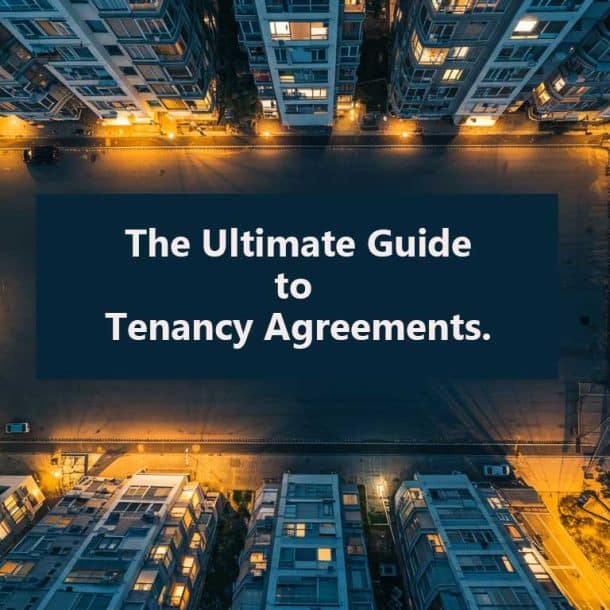
Exploring the rental landscape in Ghana, whether as a landlord or a tenant, necessitates a clear understanding of your rights and obligations. At the heart of this relationship lies the tenancy agreement – a legally binding document that can prevent disputes and ensure a harmonious occupancy. This is a free downloadable tenancy agreement samples tailored for Ghana. You can move straight to the download section of this article here.
Why a Written Tenancy Agreement is Non-Negotiable in Ghana
Gone are the days when verbal agreements, while common, offered sufficient protection. The Ghanaian legal framework, notably the Rent Act of 1963 (Act 220) and reinforced by recent legislative updates like the Ghana Lease Act, now mandates written tenancy agreements. As of August 2024, all tenancy agreements must be documented in writing.
Understanding Ghana’s Tenancy Legal Landscape: Key Takeaways
The Rent Act of 1963 (Act 220) is the cornerstone of tenancy regulation in Ghana. It establishes:
Recent advancements, like the launch of a digital rent control platform in September 2024, aim to modernize rental operations, improve transparency, and enhance accessibility, particularly in urban centers like Accra and Kumasi.
Residential vs. Commercial Tenancy Agreements: Key Differences
While both types of agreements share foundational legal principles, their purpose and specific clauses differ significantly:
| Feature | Residential Tenancy Agreement | Commercial Tenancy Agreement |
| Primary Purpose | For living and dwelling purposes. | For business operations, trade, or professional services. |
| Usage Clauses | Restricts use to residential; may limit occupants, pets, etc. | Specifies permitted business activities; may include hours of operation, signage. |
| Lease Term | Often shorter (e.g., 6 months, 1 year, 2 years). | Typically longer, often 3-5 years or more, with renewal options. |
| Alterations | Usually requires landlord’s consent for minor changes; major alterations often prohibited. | May permit more extensive alterations (fit-outs) with consent, often with clauses for reinstatement at lease end. |
| Maintenance | Landlord typically responsible for structural/major repairs; tenant for minor upkeep. | Responsibilities can be more varied; tenants might take on more internal maintenance, depending on the lease type (e.g., full repairing and insuring leases). |
| Fixtures/Fittings | Relates to standard domestic appliances and fittings. | Involves business-specific fixtures, trade equipment; clear delineation of ownership is vital. |
| Rent Structure | Usually a fixed monthly/quarterly amount. | Can include base rent plus turnover rent, service charges for common areas, etc. |
| Insurance | Landlord insures building; tenant insures personal contents. | Tenant often required to hold public liability, plate glass, and other business-related insurances. |
| Quiet Enjoyment | Right to live without undue disturbance. | Right to operate business without undue interference, considering business needs. |
Understanding these distinctions is crucial when selecting or customizing a tenancy agreement template. Using a residential template for a commercial property (or vice-versa) can lead to significant legal and operational problems.
Note: For a complete understanding of how to fill out the form, download both files. Use the sample as a guide to accurately complete the reusable template.
Important Disclaimer:
These templates are for informational and illustrative purposes only and are based on the provided text and general legal principles.
They are NOT a substitute for professional legal advice. Laws and their interpretations can change, and specific situations may require tailored agreements.
Always consult with a legal professional in Ghana before using or signing any tenancy agreement.
Key Considerations when using these templates:
Our downloadable templates provide a solid foundation. However, every rental situation is unique. Here’s how to effectively customize your sample:
While our free downloadable tenancy agreement samples are drafted with care and aim to align with Ghanaian law, it’s critically important to understand the following:
Embracing Modern Solutions: The Future of Tenancy Agreements
Ghana’s move towards digital rent control platforms signifies a shift towards greater efficiency and transparency. Features like online lease registration, digital rent cards, and remote dispute resolution can simplify processes for tech-savvy users. While adoption may vary between urban and rural areas, these tools, alongside well-structured digital agreement templates, can significantly improve the rental experience.
Conclusion: Secure Your Rental Relationship with a Solid Agreement
A comprehensive, well-understood, and legally sound tenancy agreement is the bedrock of a successful landlord-tenant relationship in Ghana. By leveraging reliable templates, understanding the critical differences between residential and commercial needs, customizing diligently, and crucially, seeking professional legal advice when necessary, both parties can protect their interests and foster a transparent, fair, and dispute-free tenancy.
Take the next step towards a secure rental experience. Explore and download our free tenancy agreement samples for Ghana today!
